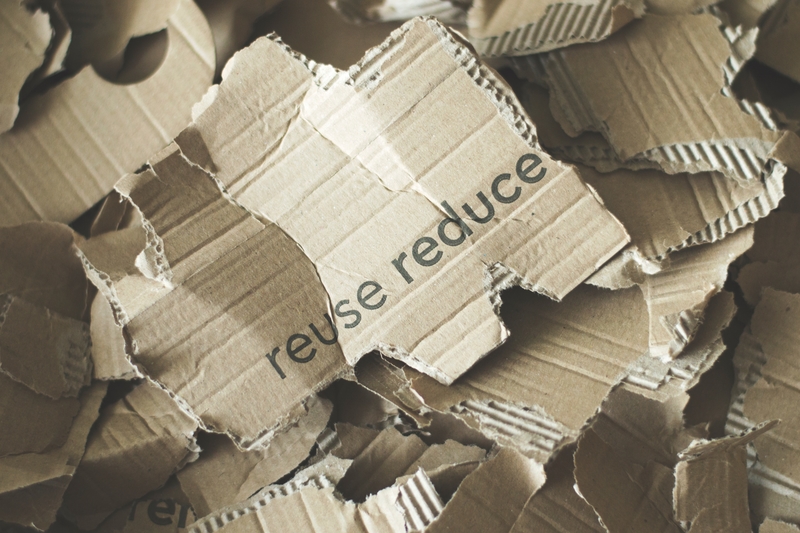
According to a recent report, Malaysia and Singapore have agreed to share technology and find ways to mitigate waste management including plastics and packaging waste, an issue both nations regard as important at the regional and international fora, stated the Minister for Energy, Science, Technology, Environment and Climate Change.
For a start, the Minister said both countries agreed to strengthen cooperation and exchange ideas on the innovative technology, that is much cheaper and cost-effective to end plastic waste efficiently in the Malaysia-Singapore Joint Committee on the Environment (MSJCE) meeting held recently.
The meeting, which was co-chaired by the Minister and her Singaporean counterpart, the Minister of Environment and Water Resources, who was on a two-day visit to Malaysia at the invitation of the former under the 31st Malaysia-Singapore Annual Exchange of Visits.
The Malaysian minister stated that she discussed with Singaporean leaders, the possibilities of working together on the technology exchange that will be able to solve the problem. The states deliberated over how both countries can collaborate with each other and exchange ideas on how to eliminate plastic waste that is damaging the environment today.
The minister stated that she looked forward to learning from Zero Waste Singapore, whereby it challenges the old way of thinking about waste as something that has no value and to is thrown away. A joint press conference was held after the meeting where the urgency of the matter was emphasised wherein the worrying future of the world was highlighted (i.e., that if policies and initiatives were not put in place, global citizens would be living in a world full of waste); a truth compounded by the fact that the global population will hit 10 billion people by 2050.
Last Tuesday, The Minister said that Malaysia is aiming to do away with single-use plastic by 2030 as the country tries to shed its reputation as one of the largest producers of plastic waste in the world. Malaysia is the eighth largest producer of plastic waste in the world.
Plastic waste is the second biggest type of waste in the country after food.
In addition, it was noted that the government would need to create more awareness to influence people to eliminate the usage of plastic from their daily life, and believes that this exemplary habit should begin from leaders.
On combating regional transboundary haze, the minister said that both countries compliment their Indonesian counterpart who has drawn fast and effective solutions to tackle transboundary haze by placing officers to put off fire immediately.
Indonesia was lauded for its efforts despite there being a “mild haze” in the country currently. However, the minister stated that she was looking forward to discussing this issue in the upcoming ASEAN ministerial meeting in Myanmar next month.
Meanwhile, the Singaporean Minister stated that the country (Singapore) is currently moving towards sustainable trend to implement Zero Waste Singapore since four years ago, whereby as many resources as possible are extracted from the waste such as plastics, paper or metals.
This is the challenge today that waste should be thought of as potential resources. Through this method, leaders anticipate that it will help conserve the country’s resources, reduce pollution, create jobs in waste management, reduce waste costs, increase the lifespan of our incineration plants, and mitigate climate change, he noted.
At the meeting, both countries also agreed to enhance collaboration through further cooperation in new areas such as climate change, circular economy, industrial pollution and radiation safety.
They also reaffirmed their commitment to continue to share experiences in tackling vehicular pollution, an issue of mutual concern. Both countries would continue to work closely with Singapore to achieve the common goals in environmental protection and management along the Straits of Singapore.
















